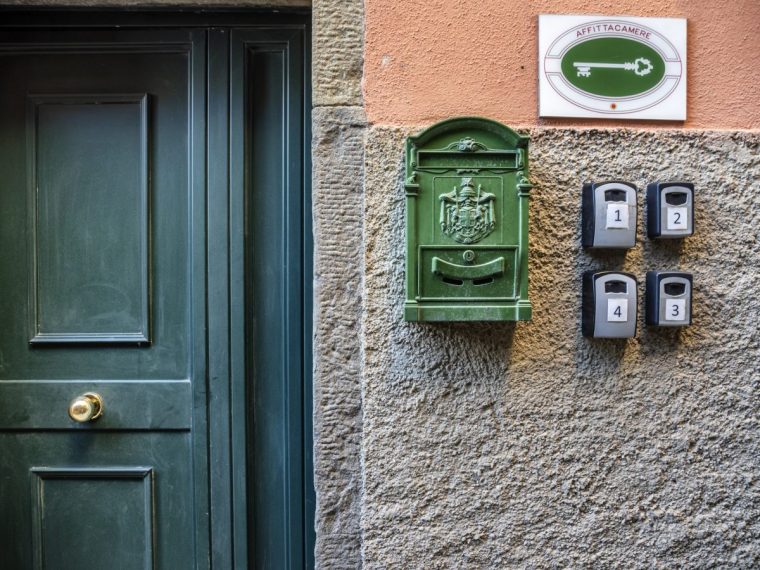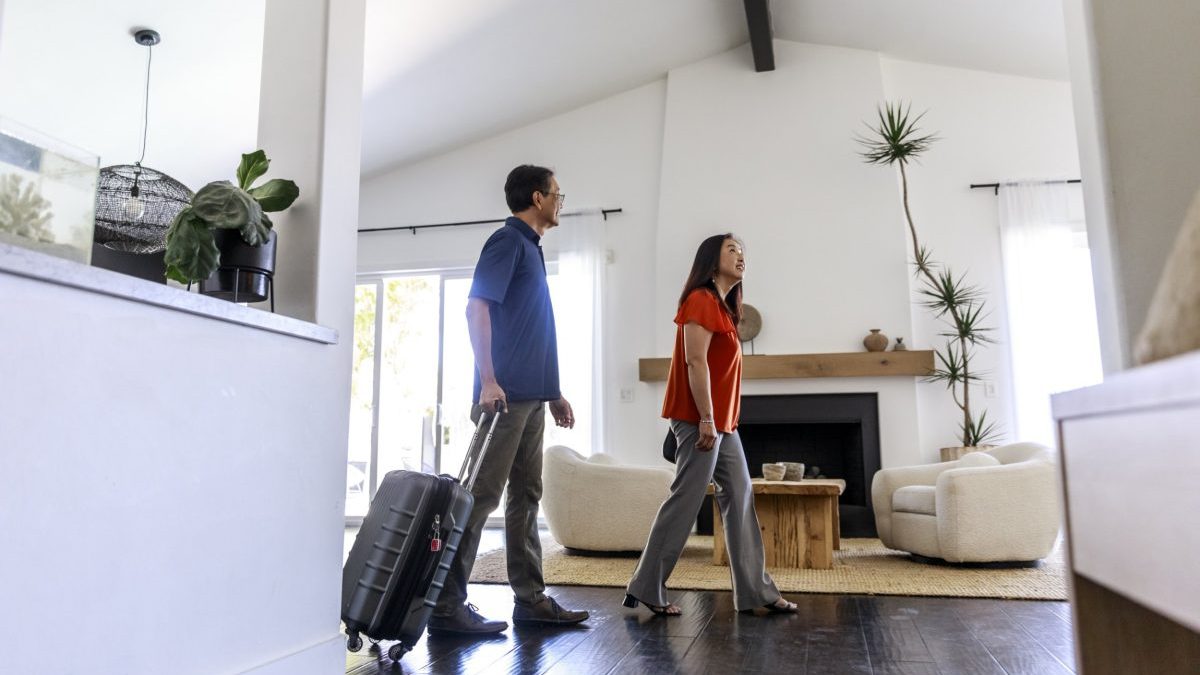British holidaymakers may be unwittingly booking illegal tourist flats in Spain fronted by fake property owners controlled by gangs, a housing inspector has warned.
Organised criminals, who make millions of pounds from illegal tourist flats, are buying the identities of illegal migrants who act as hosts on digital platforms in order to hide the real culprits.
In some parts of Spain, tourists have arrived to find that the flat they booked does not exist.
The gangs who exploit illegal tourist flats often use illegal South American migrants to clean the flats and organise the changeover when new tenants arrive. They are paid as little as €100 (£84) and €200 (£168) a month while the gangs make all the money.
Some of those whose identities are being used do not realise how they are being manipulated, while others are aware of the fraud involved.
Spain last week announced the closure of nearly 66,000 tourist flats that it claimed were illegal as it cracks down on Airbnb lettings. The Government blames short-term rental sites such as Airbnb for a housing crisis. Airbnb will appeal against the closure of the flats.
The Spanish Government is seeking parliamentary approval for a new 21 per cent tax on short-term tourist rentals — double the tax paid for hotel rooms.
 The Spanish Government is cracking down on short-term tourist rentals (Photo: Jose A Bernat Bacete/ Getty)
The Spanish Government is cracking down on short-term tourist rentals (Photo: Jose A Bernat Bacete/ Getty)
The maximum rate would apply to all rentals under 30 days and affect about a third of the 94 million annual visitors to Spain last year who opted to rent a room rather than stay in a hotel.
At present, there is no VAT on short-term rentals in mainland Spain, while hotel visitors pay 10 per cent on rooms.
However, Spain’s minority Government may struggle to get the measure through the country’s highly polarised parliament.
Eva Mur, head of housing inspectors in Barcelona, said tourists should check if a tourist flat was advertised with the code HUTB, which means it is legal. She said that out of 10,000 tourist flats in the city about 800-900 were illegal.
Visitors can also use the council tool to check if a flat is being rented out legally.
“To make sure, they can compare with the council’s website, which is translated into English. But sometimes these gangs give a wrong address for the flat,” she told The i Paper.
She said to track down illegal flats in the city which do not have licences, inspectors used a high-tech tool called Spiderweb.
“The information which it collects is analysed by a member of our team who is known as Spiderman, but his real name is Sergi.”
Gangs convince real property owners to let them manage their flats by presenting themselves as respectable companies, said Ms Mur.
But then they run the tourist flats without a licence and mask the profits through a series of front companies around the world.
Some 38 per cent of Spain’s 400,000 tourist apartments do not have licences, according to a survey by Hosteltur, a tourism sector group.
Enrique Garcia, a former lieutenant colonel in the Civil Guard who now heads the housing inspectors in Ibiza, said there were about 12,000 illegal tourist places — essentially, beds — on the island compared with 2,400 legal tourist flats.
He said the illegal tourist beds existed in flats, caravans and other accommodation.
“Tourists can check on the advertisement to see if they have the HUTB code which means it is legal. They can double check this against the licensed flats on the council website,” he said.
Mr Garcia said a crackdown on illegal tourist accommodation by authorities had reduced the number of unlicensed flats 40 per cent this year.
